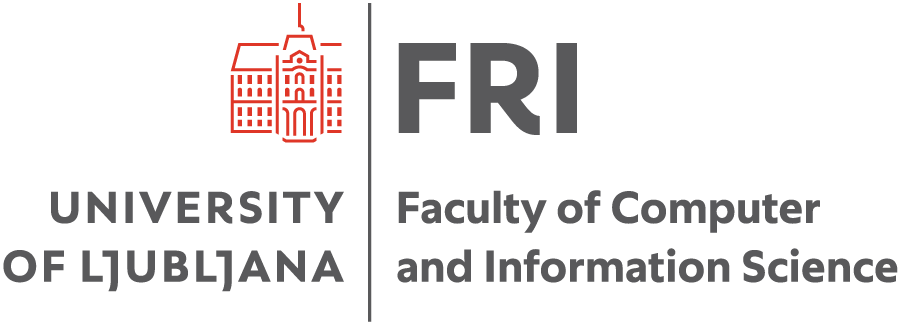- Credits:6
- Semester: winter
- Contents
The course introduces techniques and procedures for analysis of biomedical signals and images like: cardiology signals (electrocardiogram - ECG), neurophysiology signals (electromyogram - EMG, electroencephalogram - EEG), medical images (computed tomography – CT images) with the emphasis on problems of biomedical researches. We will recognize how we can automatically, non-invasive and punctually, within 24-hour electrocardiogram signals, detect heart beats, classify them, and detect transient ischaemic disease, which is one of the most terrible heart diseases; and if we do not discover it punctually, it may lead to heart infarct. We will see how we can, using some non-linear signal processing techniques, analyze electromyograms recorded from the abdomen of a pregnant women, early during pregnancy (23 rd week), estimate, or try to predict, danger of pre-term birth. We will recognize techniques of analyzing electroencephalographic signals, which are recorded from the head of a person, with the aim of human-computer interaction, without using classic input devices, i.e., brain computer interface. We will also recognize techniques of analysis of 3-dimensional tomographic images with the aim of extraction and visualization of anatomic structures of human body organs. The topics cover: representation of international standardized databases of signal samples (MIT/BIH DB, LTST DB, TPEHG DB, EEGMMI DS, BCI DB, CTIMG DB), techniques of feature extraction from signals and images (band-pass filters, morphological algorithms, principal components, Karhunen-Loeve transform, sample entropy, contour extraction), noise extraction, techniques of visualization of diagnostic and morphology feature-vector time series, and anatomic structures, analysis of feature-vector time series, spectral analysis, modelling, event detection, clustering, classifications, as well as metrics, techniques and protocols to evaluate performance and robustness of biomedical computer systems. Coursework consists of three seminars, quiz during lectures, and final exam.
- Study programmes
- Distribution of hours per semester
- Professor


